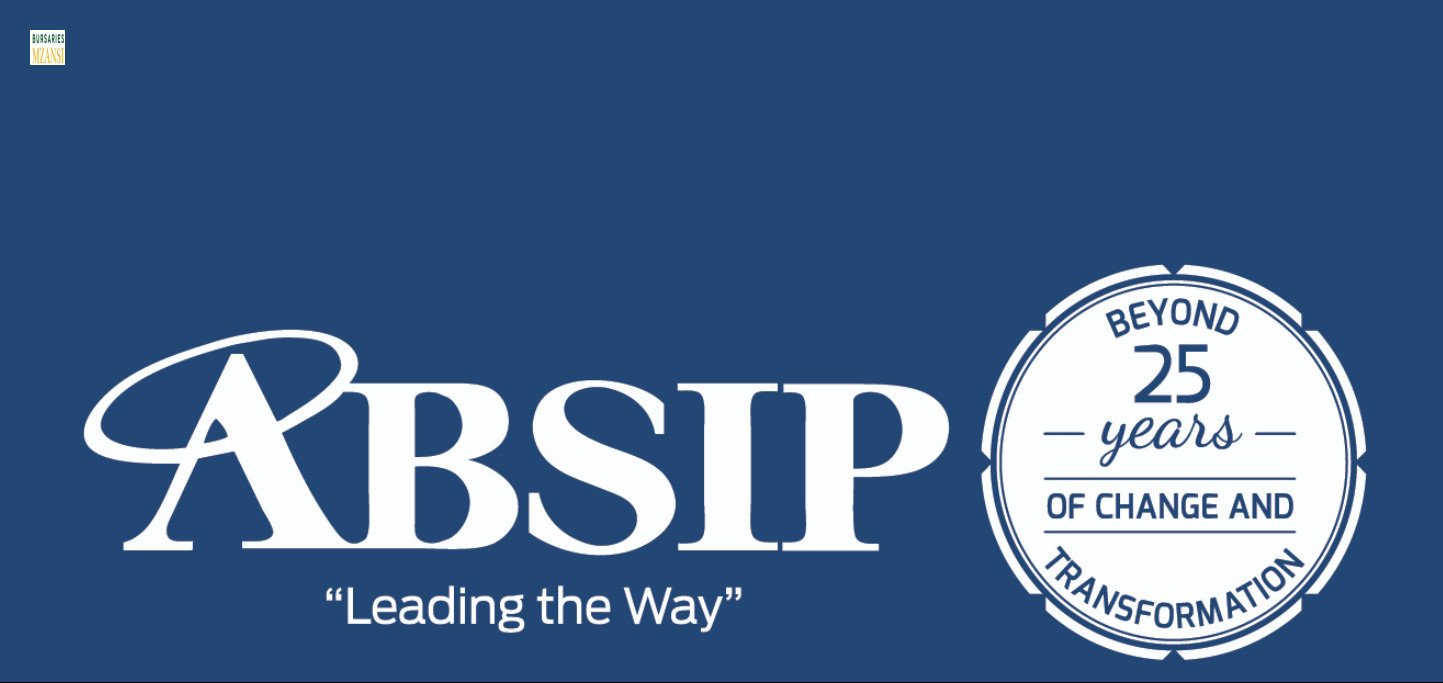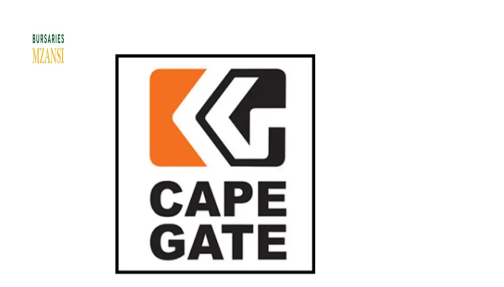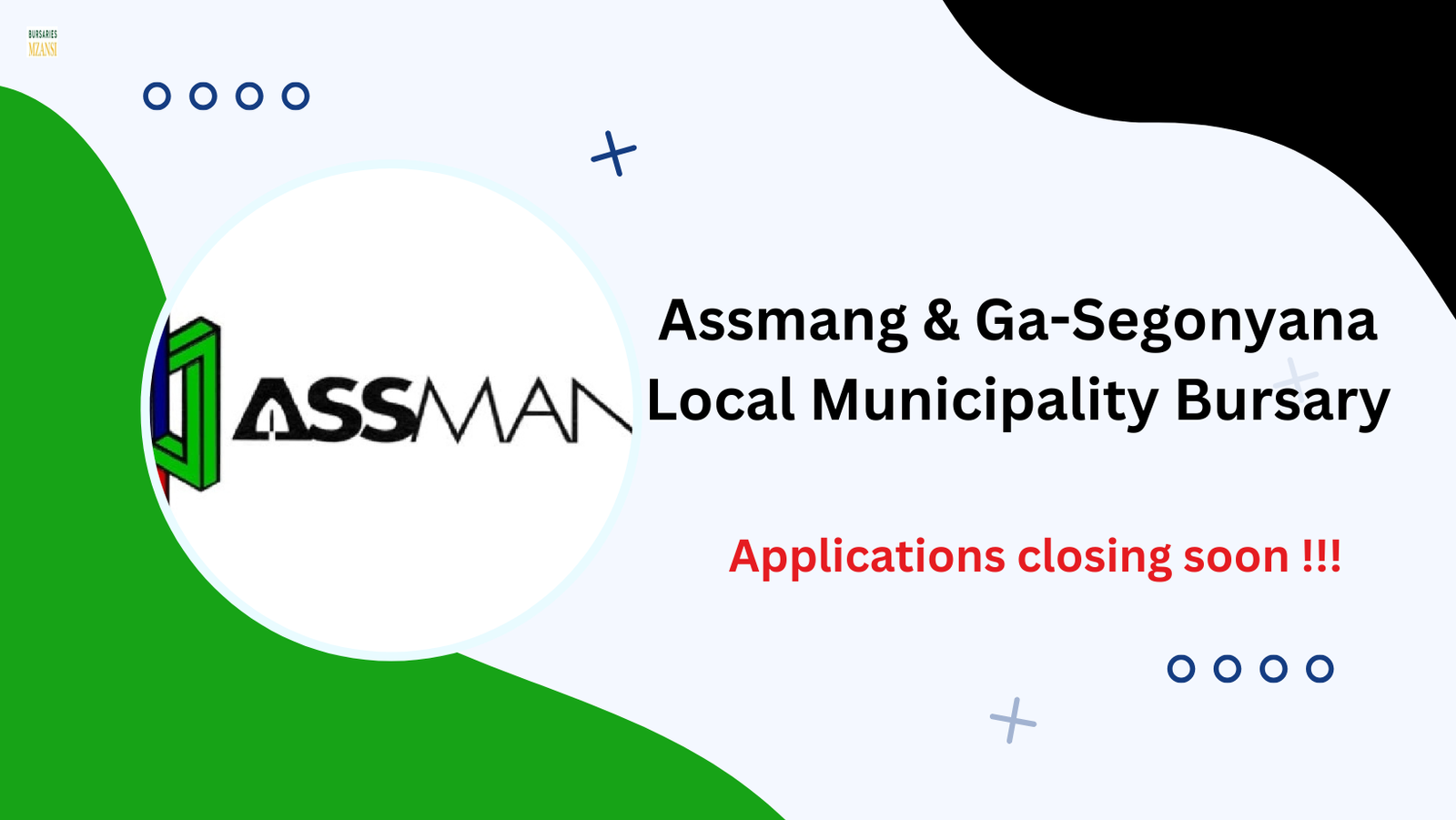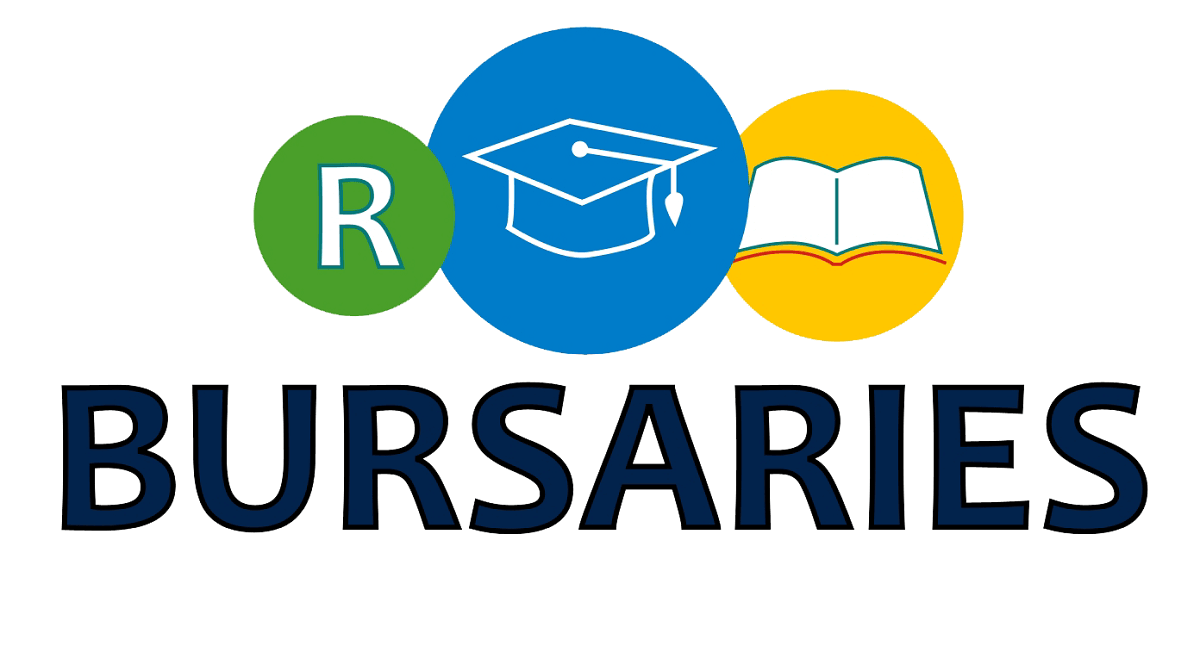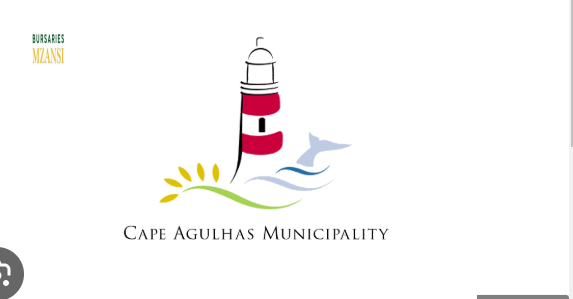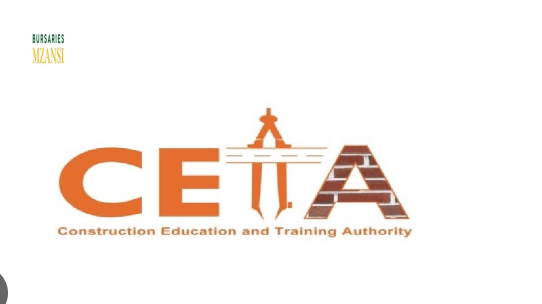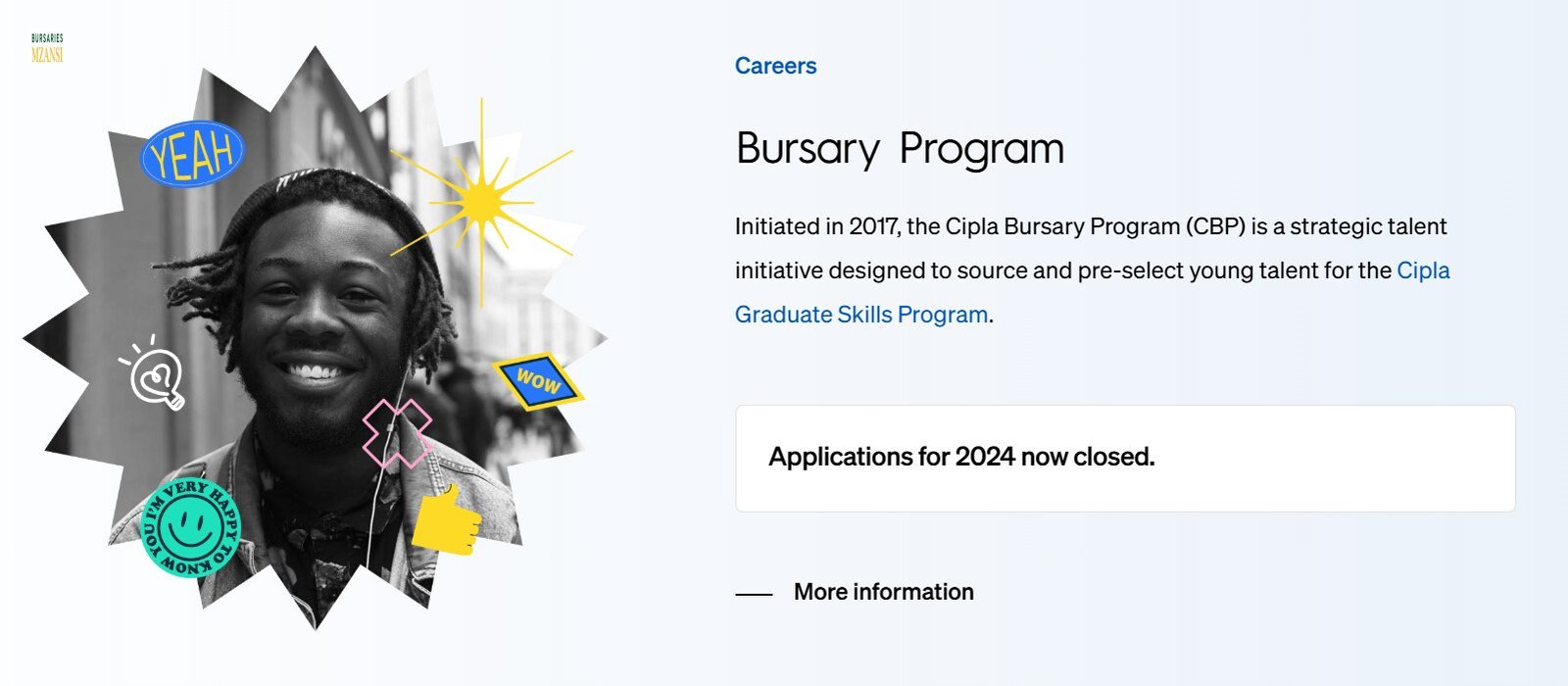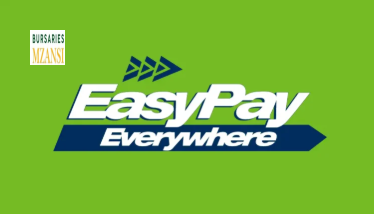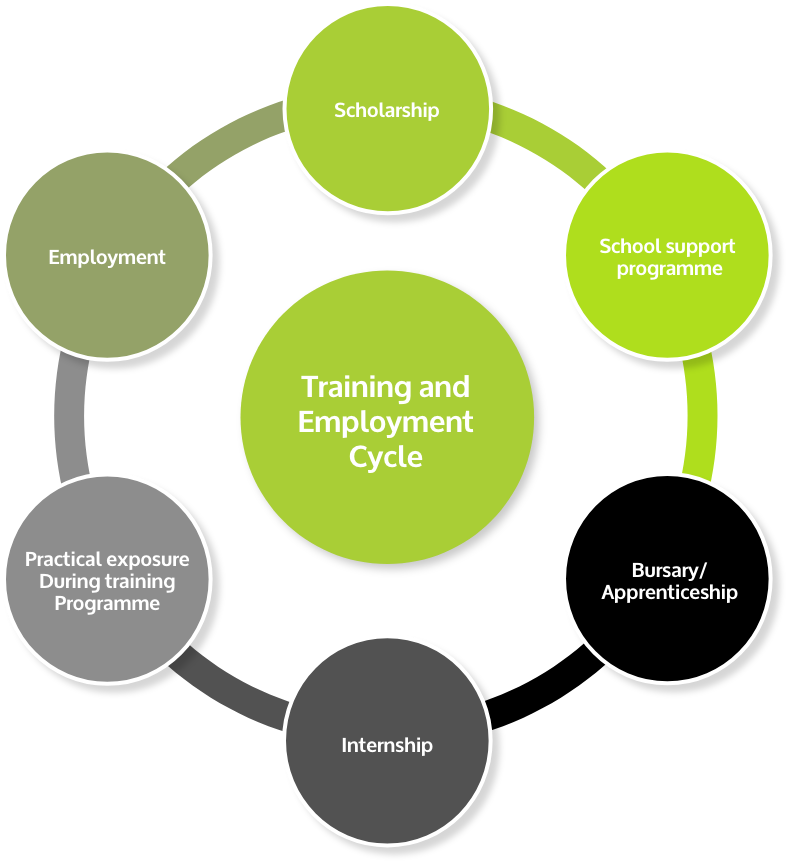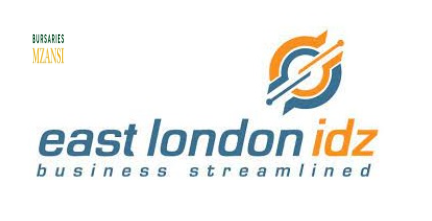Discover the best scholarships and grants for college students. Learn how to apply, find resources, and fund your education without taking on student debt.
Why Scholarships and Grants Matter
Paying for college can be stressful. Tuition fees, textbooks, accommodation, and other living expenses add up quickly. Fortunately, scholarships and grants provide a way to fund your education without having to take on heavy student loans. Unlike loans, grants and scholarships don’t have to be repaid, making them the ideal financial aid options.
In this guide, we’ll cover everything from the types of scholarships and grants available to tips on how to find and successfully apply for them. If you want more information on bursaries in South Africa, check out our latest post on bursary opportunities.
Understanding Scholarships vs. Grants
First, it’s important to know the difference between scholarships and grants.
- Scholarships: These are usually merit-based and awarded for academic excellence, athletic achievements, artistic talent, or leadership skills. Some scholarships may also focus on community service or specific fields of study.
- Grants: Grants are often need-based, meaning they are awarded to students based on their financial situation. Some grants also target underrepresented communities or specific educational programs.
Both options can significantly reduce the financial burden of college, allowing you to focus on your studies instead of worrying about debt. For a detailed breakdown, you can explore the US Department of Education student aid page.
Types of Scholarships and Grants
There are many kinds of scholarships and grants to explore. Here are some of the most common:
- Merit-Based Scholarships
Merit-based scholarships reward students for academic, artistic, or athletic achievements. For example, top-performing students in mathematics or science may qualify for scholarships offered by educational foundations or universities. - Need-Based Grants
These grants are awarded based on your financial situation. If your family income falls below a certain threshold, you may qualify for government-funded grants or university-specific need-based aid. - Field-Specific Scholarships
Certain scholarships target students pursuing specific fields, such as engineering, medicine, education, or technology. Organizations and companies often provide these scholarships to encourage talent in high-demand professions. - Minority and Community Scholarships
To promote diversity and inclusion, many organizations offer scholarships to underrepresented groups. This may include scholarships for women in STEM, minority students, or rural communities. - International Scholarships
If you want to study abroad, there are scholarships and grants specifically for international students. For instance, programs like the Fulbright Scholarship or Chevening Scholarships provide funding to study in countries like the USA and UK.
For South African students, you can explore bursaries and grants available on our Scholarships in South Africa 2025 page.
How to Find Scholarships and Grants
Finding scholarships and grants requires research and strategy. Here are some tips:
- University Websites: Most universities have dedicated scholarship pages. Check them regularly for updated opportunities.
- Government Programs: In South Africa, programs like NSFAS (National Student Financial Aid Scheme) provide grants to eligible students. Visit NSFAS official site for details.
- Private Organizations and Foundations: Many corporations, NGOs, and foundations offer scholarships. Examples include the Allan Gray Orbis Foundation and the Old Mutual Investment Group Imfundo Trust Scholarship.
- Scholarship Portals: Websites like Scholarships.com and Fastweb maintain extensive lists of scholarships worldwide.
Tip: Keep a spreadsheet of scholarships, deadlines, and requirements to stay organized and never miss an application.
Tips for Winning Scholarships
Applying for scholarships can be competitive, but there are ways to increase your chances:
- Start Early: Begin researching scholarships at least a year before you plan to start college.
- Tailor Your Applications: Customize your essays and personal statements for each scholarship. Highlight why you’re the ideal candidate.
- Maintain Good Grades: Academic performance is key for merit-based scholarships.
- Get Strong Recommendations: Letters from teachers, mentors, or community leaders can strengthen your application.
- Demonstrate Involvement: Showcase your extracurricular activities, volunteer work, or leadership experience.
Remember, persistence is key. Even if you don’t win the first time, there are countless other opportunities to explore.
Common Mistakes to Avoid
Many students miss out on scholarships due to avoidable mistakes:
- Missing Deadlines: Keep track of dates and submit your applications on time.
- Incomplete Applications: Always double-check that all documents and requirements are included.
- Generic Essays: Avoid copy-pasting; scholarship committees can spot generic essays.
- Ignoring Eligibility: Ensure you meet the scholarship criteria before applying.
By avoiding these mistakes, you increase your chances of securing funding.
Top Resources for Scholarships and Grants
Here’s a list of trusted resources to help you find scholarships and grants:
- NSFAS (South Africa): https://www.nsfas.org.za
- Allan Gray Orbis Foundation: https://www.allangrayorbis.org
- Scholarships.com: https://www.scholarships.com
- Fastweb: https://www.fastweb.com
- Chevening Scholarships (UK): https://www.chevening.org
- Fulbright Program (USA): https://us.fulbrightonline.org
We also have a comprehensive guide to study abroad scholarships and bursaries that you can explore for more opportunities.
Conclusion: Take Action Today
Securing scholarships and grants is one of the smartest ways to fund your college education. With the right strategy, research, and persistence, you can reduce or even eliminate your student debt. Start early, stay organized, and leverage the resources available to you. Every scholarship or grant you apply for is a step closer to a debt-free college experience.
Education is an investment in your future, and scholarships make that investment more accessible. Don’t wait—begin your search today and take charge of your educational journey.
Internal Links Suggestions:



